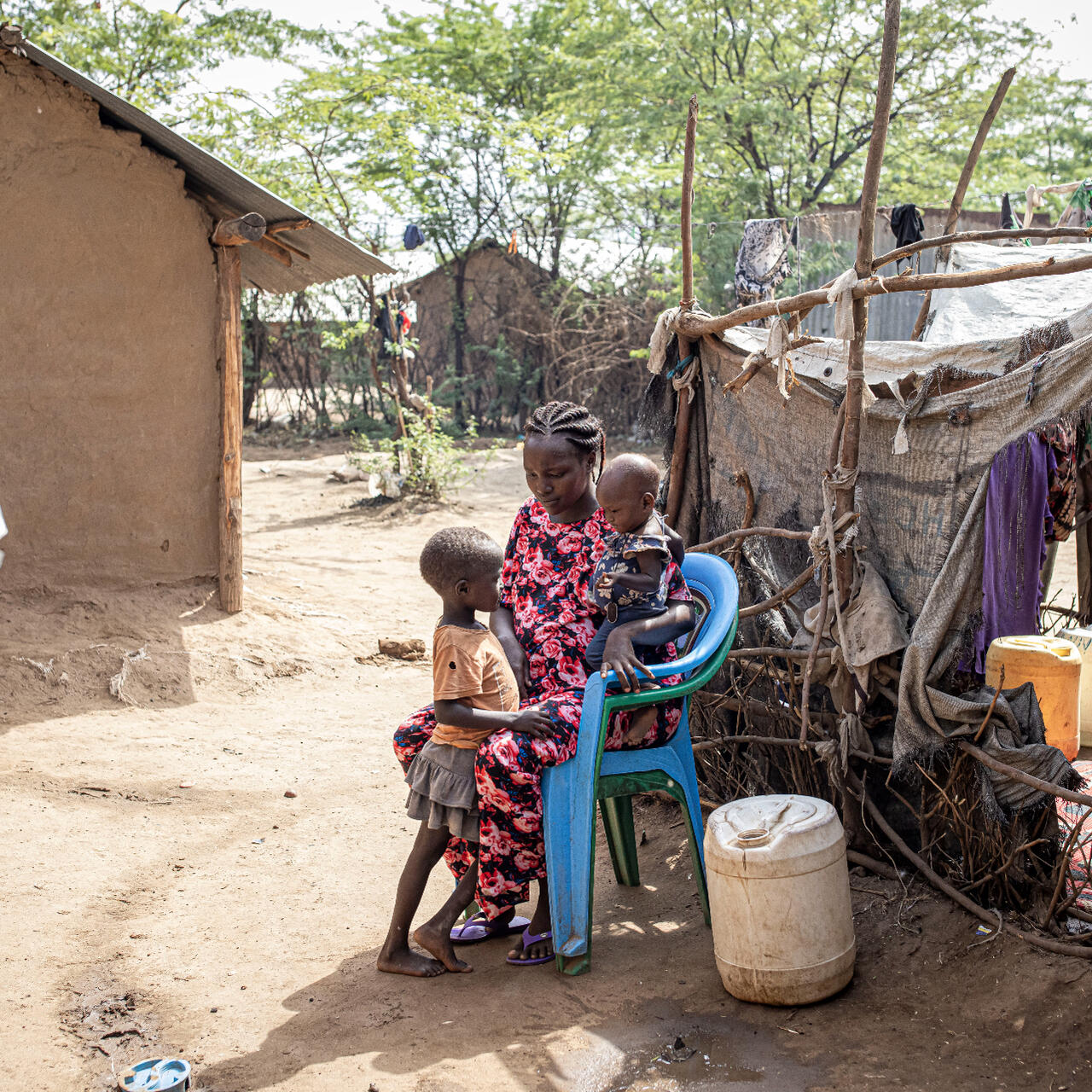
Heat wave underscores urgent need to address climate change
As the United States and Europe deal with a heat wave, people least responsible for global emissions are on the front lines of an urgent, deadly battle against climate change.

As the United States and Europe deal with a heat wave, people least responsible for global emissions are on the front lines of an urgent, deadly battle against climate change.
While global leaders debate what should be done to address climate change, much of the world—including countries such as Afghanistan, El Salvador, Syria, Yemen, and across the Sahel and East Africa regions—is already feeling the impacts firsthand. The escalating climate crisis has worsened droughts and destroyed food supplies, pushing tens of millions to the brink of starvation. The effects of climate change also exacerbate social, economic, and political tensions, leading to instability and conflict, which can uproot people from their homes.
Find out how our world is changing and what can be done to limit the impact of the climate crisis.
The United States is suffering greatly from climate change, with severe drought taking hold across much of the American West and threatening a multibillion-dollar agriculture industry and the country’s food supply. Even more disturbing is the fact that in 2020 and 2021, the United States lost 17.5 million acres of land to wildfire—an area equal to the size of South Carolina.
This isn’t a heat wave—it’s a #ClimateCrisis.
— IRC - International Rescue Committee (@RESCUEorg) July 19, 2022
Record breaking temperatures are hitting Europe and the U.S. while millions of people are facing humanitarian catastrophe as drought continues to grip East Africa.
World leaders must take action. ✊ pic.twitter.com/wrxSbH7f5V
Our world is getting warmer, a trend established by years of climate change science but thrust again into the headlines by the recent heat wave. For two weeks in mid-July, record high temperatures have been recorded across the UK and Europe, with life-threatening consequences. One unexpected consequence: over 17,000 people have been forced to flee their homes due to wildfires.
In just the first 11 days of this heat wave, more than 1,100 people in Spain and Portugal died from heat-related issues. The number is expected to rise as the scorching heat descends on Central and Eastern Europe.
Still, the damage brought about by climate change in Europe and the United States pales in comparison to the destruction it has already wrought on developing countries.
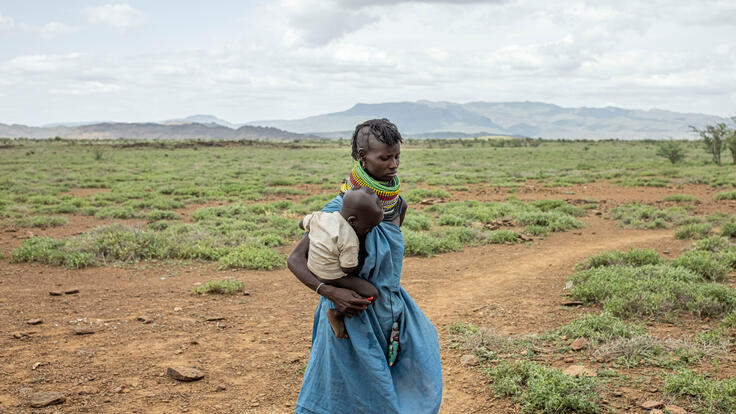
East Africa is currently experiencing the longest running drought the region has ever recorded, which has resulted in a devastating loss of crops and livestock. Combined with the global pandemic and the fallouts from the war in Ukraine, the consequences of the climate crisis means that millions are starving. The IRC has warned that 14 million people in Ethiopia, Somalia and Kenya alone are on the verge of starvation. This number will rise to 20 million by September if drought conditions persist and if the world fails to fund crucial humanitarian responses in the region.
Women and children are among the groups who suffer most from climate change and food insecurity. When food resources are scarce, women and children are the ones most likely to eat less well and less frequently. Young children are also at exceptional risk of a climate-induced hunger crisis; between April and May 2022, one IRC clinic in Somalia saw a 265 percent increase in severely malnourished children under age 5.
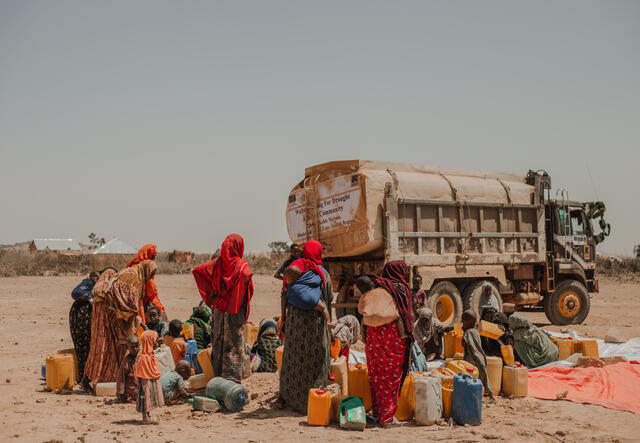
As the impacts of climate change force people to leave their homes, those who are displaced often find it difficult to get food, housing and basic services, and otherwise meet their families’ daily needs. And when women and girls are displaced, they tend to be at greater risk of gender-based violence, including domestic violence and trafficking.
Despite repeated information campaigns by activists and other organizations involved in the humanitarian field, 85 percent of Americans and 80 percent of Britons are unaware of the famine threatening East Africa. This translates into a lack of funding and, tragically, needless death.
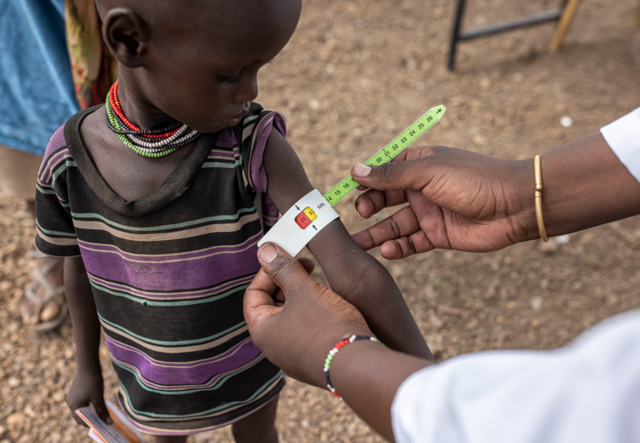
The global $685 million in drought response in East Africa seems like a large sum, but the figure represents just 38 percent of the funding needed to address humanitarian needs from May to December 2022. This failure in funding, however, is not an unsolvable crisis. In just one month, $16 billion was raised for the crisis in Ukraine, indicating that it’s not a lack of resources preventing the world from aiding East Africa but rather a lack of will.
The IRC is calling on world leaders to take action against climate change and fully fund the humanitarian response crucial for alleviating the life-threatening conditions brought on by climate change. We advocate for investment in climate resilience and famine prevention. Our response is multidimensional. We help communities map climate hazards and develop early warning systems in order to better deal with extreme weather. The IRC also supports locally led natural resource management, water conservation and sustainable living habits.
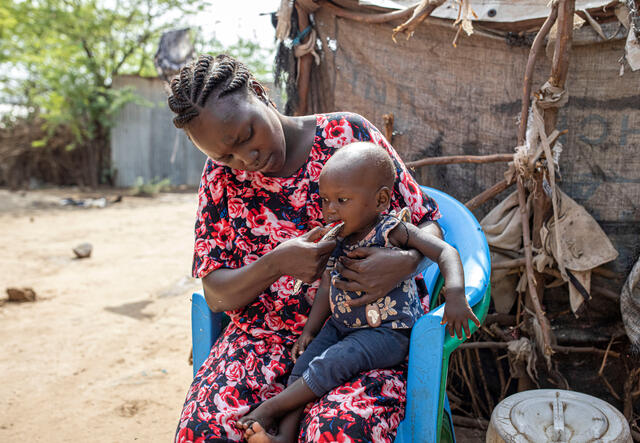
In recognizing that climate change and excessive heat disproportionately impact the most vulnerable, the IRC is actively engaged in the countries where humanitarian aid is most needed.
Climate change is a central concern to the IRC, and we are dedicated to responding to its impacts in the communities we serve around the globe.